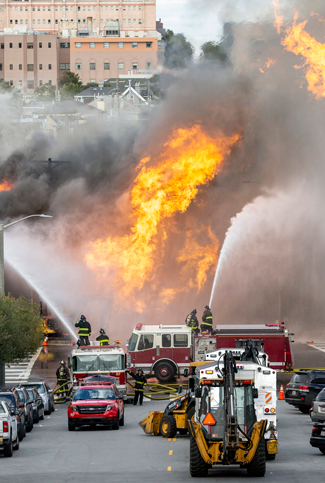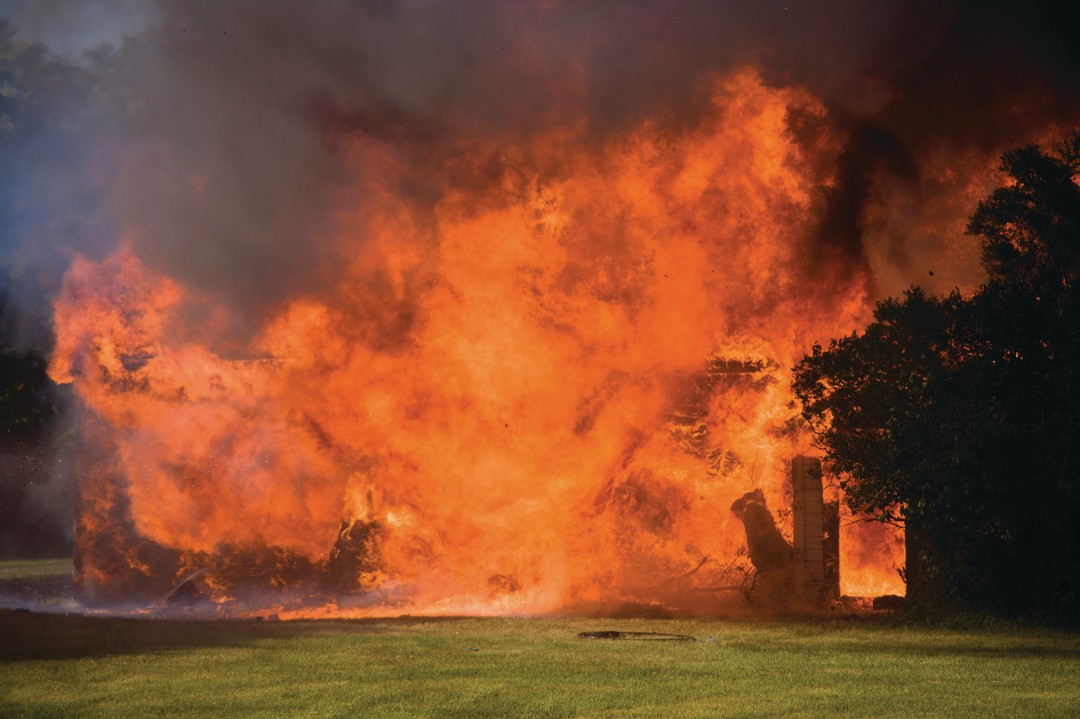Case studies—learn from these mistakes
Take a lesson from these unfortunate, true stories about job site mistakes. Expand the “Don’t do what they did!” boxes to see relevant safety information so you can prevent similar tragedies.
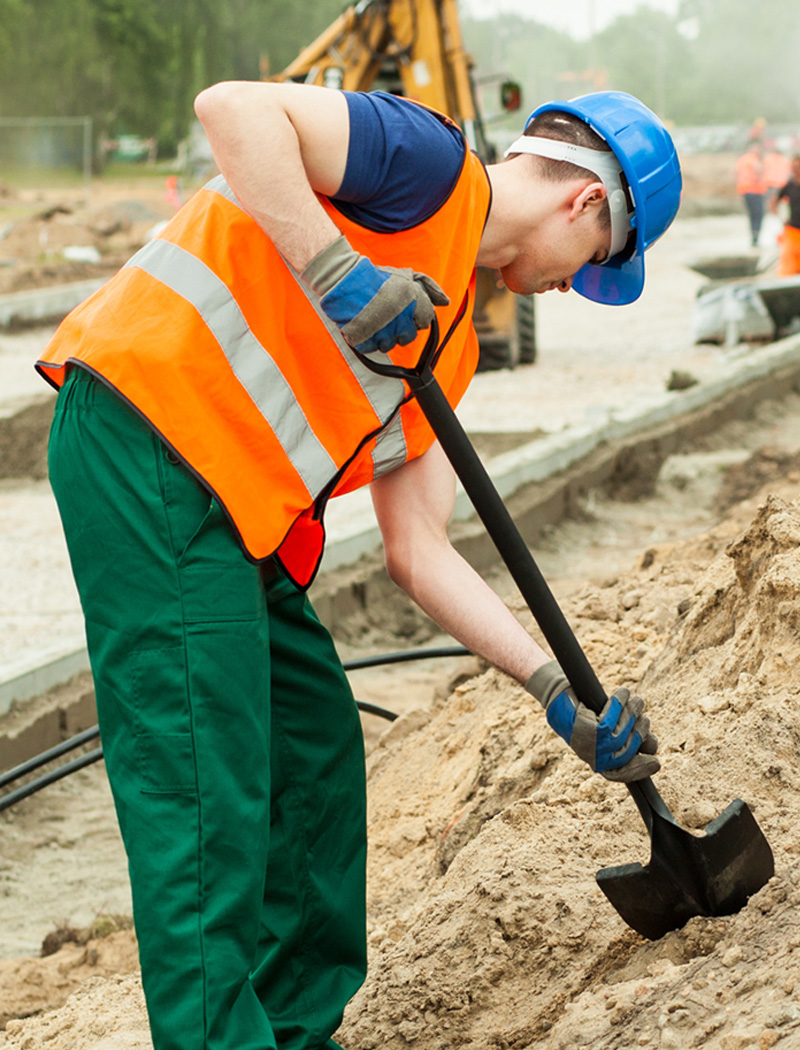
A man in a hurry
A Missouri contractor who called 811 before digging hit a 6-inch high-pressure gas line in an industrial park. He was told the gas company would be locating a line at the site, but he began digging the day before the date set for marking. The line was capped within two hours of the accident, and fortunately there were no injuries or damage. (Source: Underground Focus magazine)
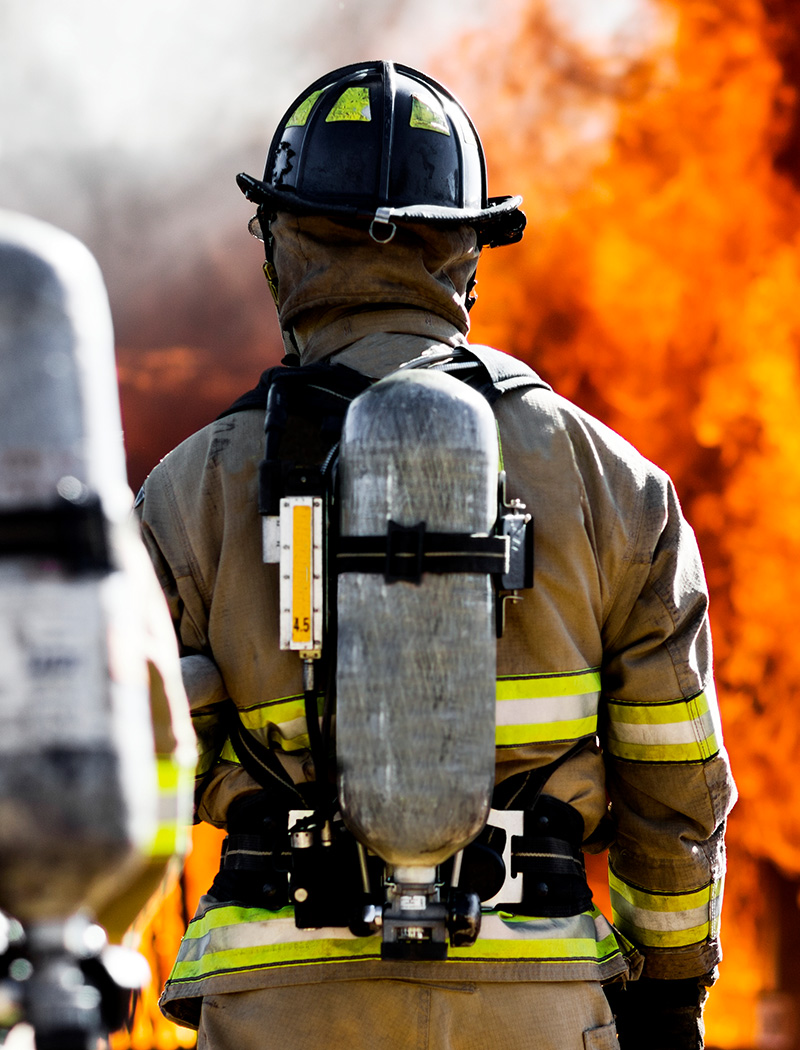
Always call 911 if gas is leaking
A Minnesota contractor severed a buried natural gas pipeline with digging equipment. He reported the leak to his supervisor, but did not call 911 or the local utility company. Within 40 minutes, gas migrated into a nearby building and exploded, killing four people, injuring eleven and destroying six buildings. (Source: National Transportation Safety Board)

If you smell gas, get out fast
A 39-year-old Canadian woman refused to leave her home despite a gas line rupture and was killed when the gas exploded. The woman’s husband had hit a buried natural gas line while digging footings for a room addition. He went into the house and warned his wife of the gas leak, but she assured him she was safe. The man went back outside to wait for repair technicians to arrive. The explosion knocked the man down, and he was dragged away from the flames by a friend. The woman died in the fire. (Source: Alberta.com news report)

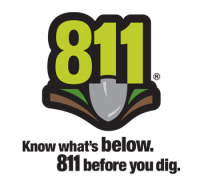 Notify 811 well ahead of digging, so underground utilities can be marked and you can work safely.
Notify 811 well ahead of digging, so underground utilities can be marked and you can work safely.
